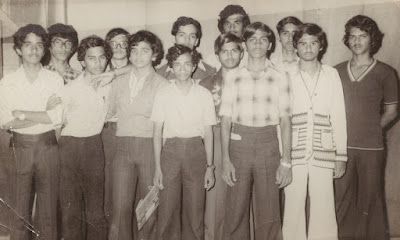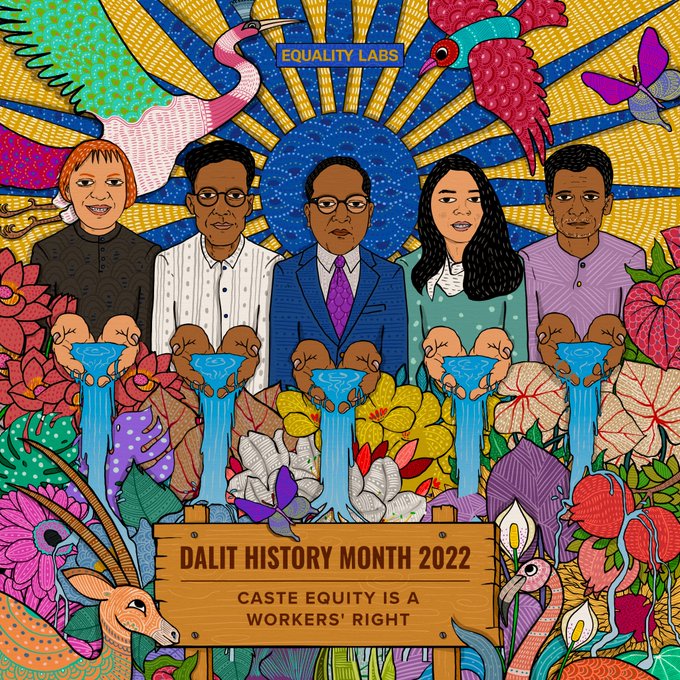I have heard my mother and grandmothers comment that if you leave the house it is for nothing but expense. My mother has lived long enough to experience for herself how one doesn't even have to leave home anymore to spend money in this click-and-spend culture.
We consume a lot. We buy things we need, we want, we don't need, and we don't want. We have grown addicted to stuff, and getting rid of this addiction is impossible it seems.
Consumption is practically what the modern economy is all about, once we got beyond basic survival. Such a worry about consumption and economic growth is not new. In graduate school, I learnt about the Club of Rome's Limits to Growth. This report came out when I had barely started elementary school! Decades later, we continue to worry about the consequences of growth and consumption.
Whether we live in apartments or mansions, we Americans collect a whole lot of worthless crap. A few years ago, I wrote in Planetizen:
Of course, as many of us have observed, but for which data don't exist, most homeowners seem to fill their garages with refrigerators, freezers, bicycles, treadmills, etc., and then park their cars on the driveways or by the curb. When things have to be put away, households find that they have more stuff for which they need additional space, which is where the self-storage business comes in.
How did we humans become such voracious consumers? Kerryn Higgs has written a book on this. In a shorter version, she writes:
People, of course, have always “consumed” the necessities of life — food, shelter, clothing — and have always had to work to get them or have others work for them, but there was little economic motive for increased consumption among the mass of people before the 20th century.
Through most of their lives, my grandmothers were not consumers. Sure, they had more than what was needed to survive. But, it is not as if they bought stuff and stored them at home. What they left behind was truly worthwhile--like the wall clock that I have inherited.
Higgs writes:
Although the period after World War II is often identified as the beginning of the immense eruption of consumption across the industrialized world, the historian William Leach locates its roots in the United States around the turn of the century.
In the United States, existing shops were rapidly extended through the 1890s, mail-order shopping surged, and the new century saw massive multistory department stores covering millions of acres of selling space. Retailing was already passing decisively from small shopkeepers to corporate giants who had access to investment bankers and drew on assembly-line production of commodities, powered by fossil fuels; the traditional objective of making products for their self-evident usefulness was displaced by the goal of profit and the need for a machinery of enticement.
Think about "making products for their self-evident usefulness" and compare it to now. We didn't know we needed carbonated drinks, for instance. The profit-motive means that businesses create new products for which they then have to create a marketing campaign in order to convince us that we need them.
New needs would be created, with advertising brought into play to “augment and accelerate” the process. People would be encouraged to give up thrift and husbandry, to value goods over free time.
My grandmothers had lots of free time. They spent that time talking with their neighbor women while playing kattam. Or, they read. Or, they slept. They knew how to handle free time, which is why when we kids--who were growing up in a "modern" society--complained about being bored, my grandmothers had a tough time understanding what boredom was all about!
This modern economic system would collapse overnight "if people were content because they felt they had enough." But, of course, we have been brainwashed enough that we have no understanding of what it means to be content.
If we are working long hours primarily because it is not about mere survival but to consume more, then "today’s discussions need to move beyond the old point about the marvels of technology, and truly ask: what is it all for?"










